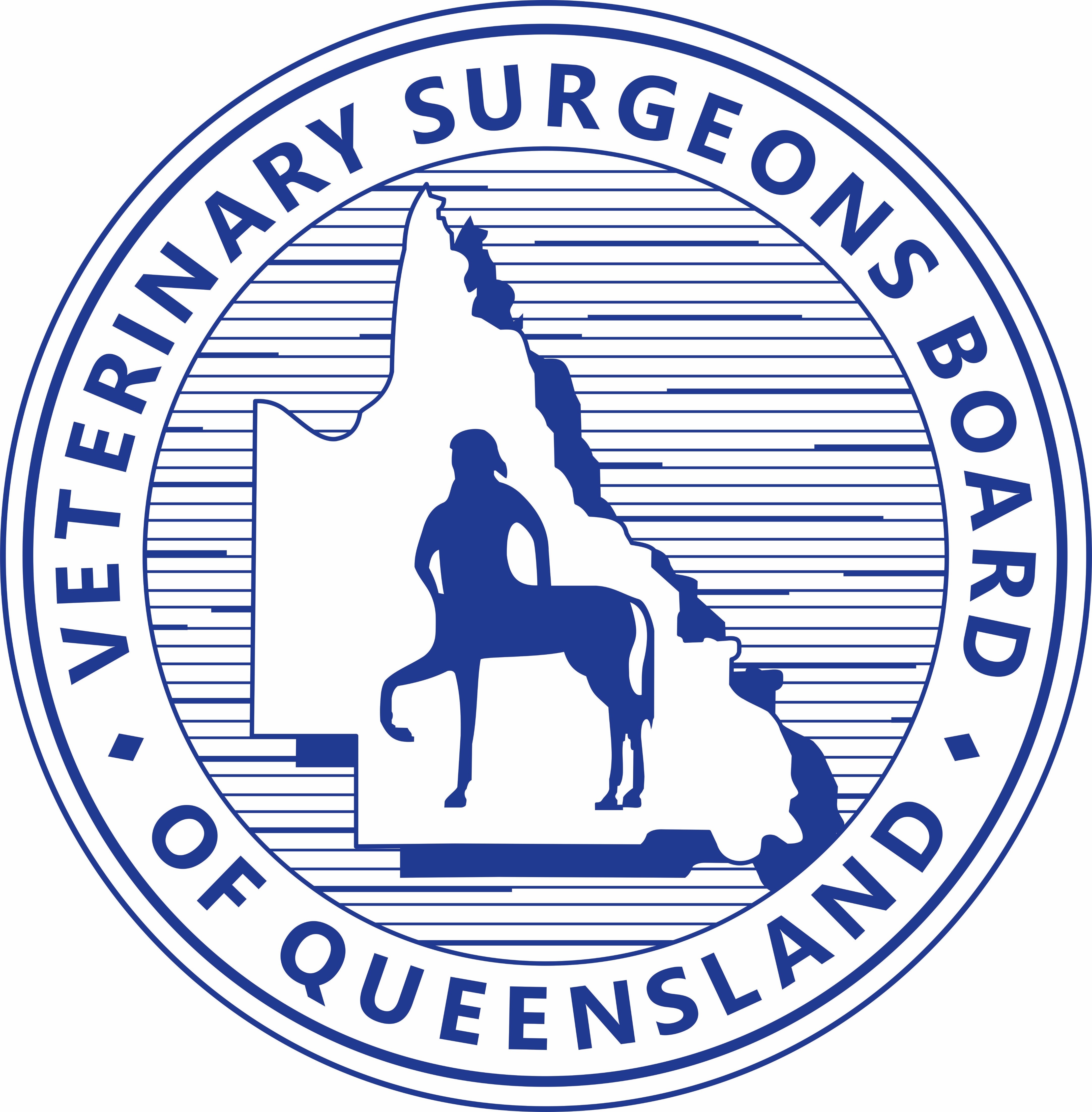Different types of veterinarians play unique roles in providing animal care. Understanding the different roles and expertise of each type of veterinarian enables animal owners to navigate the veterinary healthcare system effectively and ensure continuity of care for their pets.
General-practice vets
General-practice veterinarians, also known as primary-care veterinarians, are the first point of contact for pet owners.
They focus on:
- preventive care
- routine check-ups
- vaccinations
- dental care
- general treatment for illnesses and injuries.
General practice vets develop long-term relationships with clients and their pets, providing continuity of care throughout their lives.
They work in private clinics and are responsible for promoting overall wellness, offering personalised treatment plans, and referring cases to emergency or specialist vets when necessary.
Specialist vets
Specialist veterinarians have undergone advanced training in specific areas of veterinary medicine.
They have acquired specialised knowledge and expertise in fields such as:
- surgery
- internal medicine
- dermatology
- oncology
- cardiology.
These vets work in referral practices or university teaching hospitals, providing advanced diagnostic procedures, specialised treatments, and consultations to assist regular vets in complex cases.
Emergency vets
Emergency veterinarians are trained to handle urgent and critical situations that require immediate attention.
Emergency vets primarily work in specialised clinics or hospitals, providing 24/7 care outside regular clinic hours. Clinicians working in this area may not be specialists but are trained and experienced in emergency and critical care.
Emergency vets prioritise stabilisation and often collaborate closely with regular vets for ongoing care and follow-up treatments.
Last updated: 03 Aug 2023
